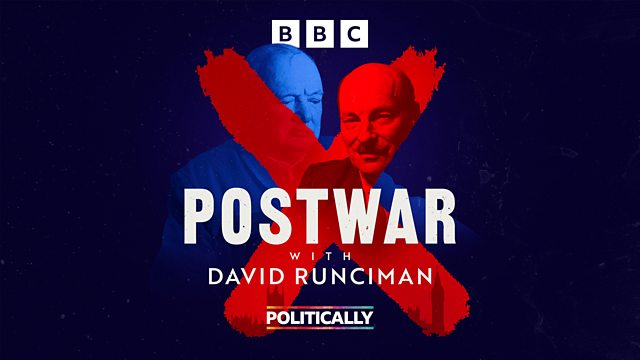17. A New Jerusalem?
David Runciman tells the story of the 1945 election and the dawn of a new age. How much of Britain’s past were Labour willing to jettison in 1945?
David Runciman tells the story of the 1945 election and the dawn of a new age.
The 1945 general election was one of the biggest shocks in British parliamentary history: a decisive rejection of Winston Churchill and his leadership. The election of Clement Attlee's Labour government in a landslide marked a break with the past and signalled a strong desire on the part of the British people for something new. But it was also a product of Britain's wartime experiences and revealed the many ways in which the country had already changed.
The years that followed -- the postwar years -- would bring about bold and radical reform, the building of a new nation, a 'New Jerusalem'. The Britain of the National Health Service and the welfare state, of nationalised industry and the so-called 'postwar consensus' -- all were ushered into place with this election. This is the Britain that most have us have grown up in and which still shapes an idea of who we think we are.
The Clement Attlee government's efforts to renew the nation after 1945 is sometimes referred to as a New Jerusalem. But that reference to William Blake's poem – with its vision of “pleasant pastures” – is also evidence of a certain nostalgia for an idea of Britain – of England – that’s rooted deep in the country’s past. And it gives voice to a central question faced by the Labour government in 1945: how much of Britain’s past were they willing to jettison in order to build Jerusalem in England’s – Britain’s – green and pleasant land.
Featuring David Kynaston and Robert Saunders.
Last on
More episodes
Previous
Broadcast
- Tue 1 Jul 2025 13:45��ѿ��ý Radio 4
Podcast
-
![]()
Politically
Conversations with leading political figures reflecting on their lives in politics.


